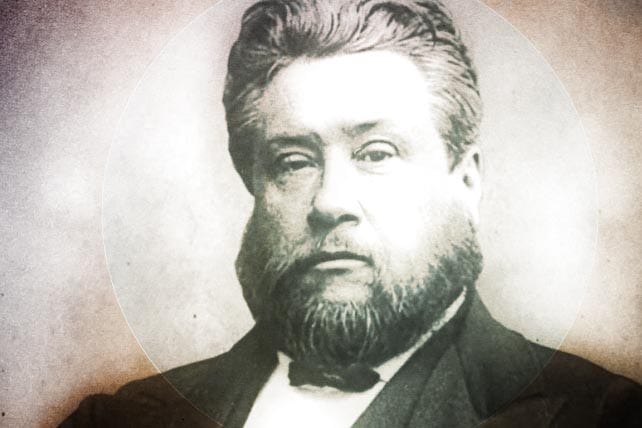In a sermon from the turn of the 20th century, Charles Spurgeon addressed the tendency of ministers to neglect the teaching of true repentance and sorrow for sin. The message he puts forth is no less true today for pastors who, week in and week out, preach a message of hope, yet remain silent on what it means to be truly repentant.
He says: “It will never do for men to be led to think that they are healed before they know that they are sick unto death, or to imagine that they are clothed before they see themselves to be naked, or to be taught to trust Christ before they are aware that they have anything for which they have need to trust Him.”
He goes on to say that the risk of this sort of teaching amounts to sowing a seed without plowing the ground in which it is planted. It is clear that Spurgeon is giving an imperative to pastors, showing the importance of revealing a sinner’s need for a Savior before a true transformation will take place. And it begins with sorrow.
“The true sorrow which we ought to have, and which saves men instrumentally, is sorrow on account of sin because it is sin against God. Ask yourselves whether you have sorrowed for sin because it is sin against God; for any hypocrite is sorry for sin which injures himself, or which may damage his reputation among men; but the essential thing is to be sorry because the evil is a wrong done to God.”
Spurgeon is making evident the different types of sorrow that one can experience, which do not reflect true repentance. Not all sorrow for sin leads to repentance, he reminds us. Only “godly sorrow works repentance to salvation.” He offers an exhortation for ministers, “This is the kind of sorrow to cultivate, for it leads to perpetual perseverance in the ways of God.”
He concludes, “The more your joy in the Lord, and the nearer you come to perfection, the deeper will be your lamentation—the bitterer, yet in some senses the sweeter will be your sorrow that there should be any sin still remaining within you. Creep to the foot of the cross, and lie there, sorrowing over your sin against such a Savior, yet rejoicing that it is all forgiven.”












